Search
Search Results
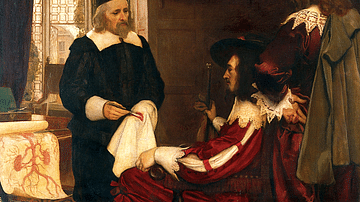
Article
William Harvey's Discovery of Blood Circulation
The human body's system of blood circulation was discovered by the English physician and anatomist William Harvey (1578-1657) in 1628. Harvey determined the relationship between the blood system of arteries and veins and the regular contractions...
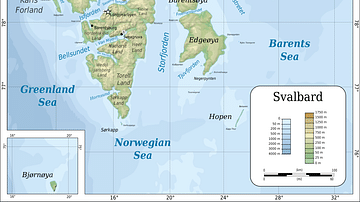
Article
A History of Svalbard
Svalbard is an archipelago in the Arctic Ocean on the northwest corner of the Barents Shelf. It is 800 kilometres (497 mi) north of mainland Norway and sits roughly midway between the top of Norway and the North Pole. It is bordered by Greenland...
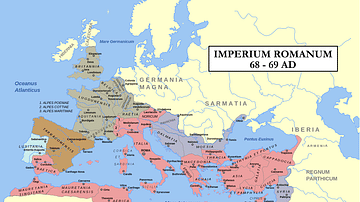
Article
The Batavian Revolt
Batavian revolt was a rebellion of the Batavians against the Romans in 69-70 CE. After initial successes by their commander Julius Civilis, the Batavians were ultimately defeated by the Roman general Quintus Petillius Cerialis. The year...
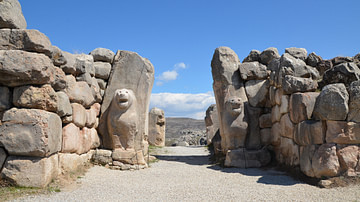
Interview
Interview: The Mysterious Bronze Age Collapse with Eric Cline
The decline of the Late Bronze Age civilizations of the Mediterranean and Near East has puzzled historians and archaeologists for centuries. While many have ascribed the collapse of several civilizations to the enigmatic Sea Peoples, Professor...
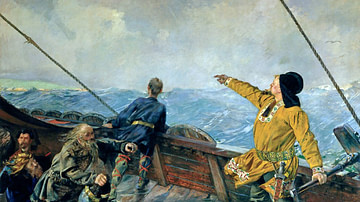
Article
The Norse in America: Fact and Fiction
The idea that it was the Norse who discovered America first emerged in the late 18th century, long before there was any public awareness of the sagas on which such claims were based. In the course of the 19th century, evidence for a Norse...
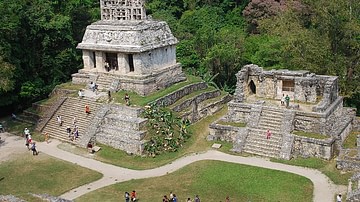
Article
Early Explorers of the Maya Civilization: From Aguilar to Waldek
Although John Lloyd Stephens and Frederick Catherwood are consistently credited with the `discovery' of the Maya Civilization, there were many who preceded them who sparked their interest in making their famous travels through Mesoamerica...
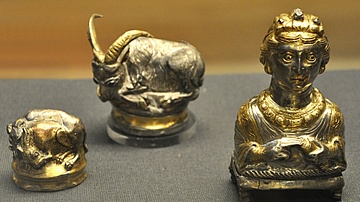
Article
The Roman Hoxne Hoard
The Hoxne Hoard is the largest cache of late Roman gold found anywhere in the Roman Empire. Discovered by a metal detectorist in Suffolk, in the east of England in 1992 CE, the incredible collection contains 14,865 late-4th and early-5th...
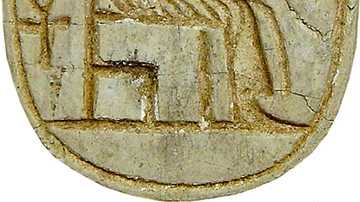
Article
The Egyptian Amulet: Pious Symbols of Spiritual Life
Material Objects & Cultures Material objects convey volumes about the people who possessed them. Cultures and societies in every generation are in part classified - either correctly or incorrectly - by the objects or symbols they...

Interview
Interview with Michael Levy
Join World History Encyclopedia as they talk to Michael Levy, a prolific composer of the ancient lyre all about his inspiration and knowledge of the instrument. If you want to hear Michael perform, be sure to check out our video interview...
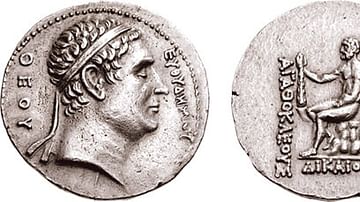
Article
Some new hypotheses on the problems of the Indo-Greek kingdoms
Warning: See the definitions of Greco-Bactrian and Indo-Greek Kingdoms before reading this article, otherwise the following lines could give you serious headaches! A lack of information is a common problem for historians of the Greco-Bactrian...